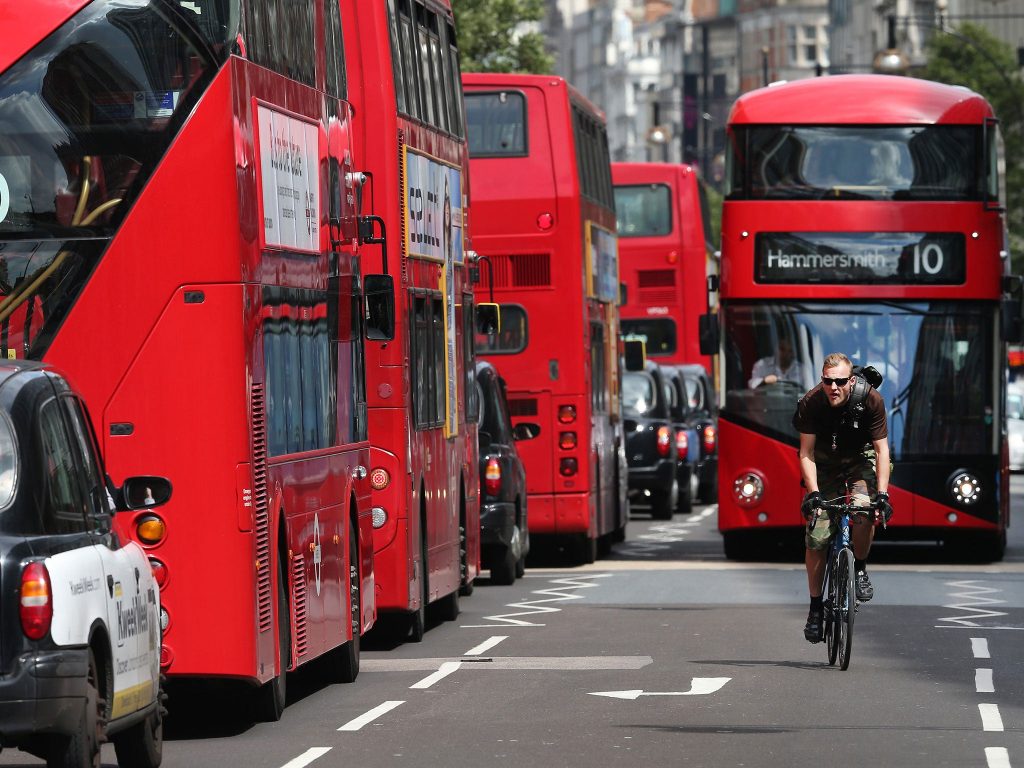Transportation plays a pivotal role in our modern society, serving as the lifeblood that connects people, goods, and ideas across vast distances. From the earliest forms of transportation, such as walking and animal-drawn carts, to the sophisticated networks of roads, railways, airways, and waterways we have today, the evolution of transportation has revolutionized the way we live, work, and interact. In this essay, we will delve into the multifaceted importance of transportation in our daily lives, exploring its economic, social, and environmental impacts.
- Economic Significance:
Transportation is the backbone of economic development, facilitating trade, commerce, and industry. It enables the movement of raw materials, finished goods, and services, connecting producers with consumers and businesses with markets. Efficient transportation systems reduce costs, increase productivity, and stimulate economic growth. For instance, well-connected transportation networks enable just-in-time delivery, reducing inventory costs and improving supply chain efficiency. Additionally, transportation infrastructure projects create jobs, boost investment, and enhance regional development. - Social Connectivity:
Transportation is the thread that weaves together the fabric of our social lives. It enables us to connect with family, friends, and communities, fostering social interactions and cultural exchange. Commuting to work, traveling for leisure, or attending social events would be arduous without reliable transportation options. Moreover, transportation plays a crucial role in providing access to education, healthcare, and other essential services, ensuring equal opportunities for all members of society. - Environmental Considerations:
While transportation has undeniably improved our lives, it also poses significant environmental challenges. The burning of fossil fuels in vehicles contributes to air pollution, greenhouse gas emissions, and climate change. However, advancements in technology and the adoption of sustainable transportation alternatives offer hope for a greener future. Electric vehicles, public transportation systems, and cycling infrastructure can help reduce carbon footprints and promote sustainable mobility. Furthermore, efficient transportation planning can minimize congestion, leading to reduced fuel consumption and improved air quality. - Urban Planning and Livability:
Transportation is intricately linked to urban planning and the overall livability of cities. Well-designed transportation systems can alleviate traffic congestion, enhance accessibility, and improve the quality of life for urban dwellers. Integrated public transportation networks, pedestrian-friendly infrastructure, and cycling lanes promote sustainable urban mobility, reduce reliance on private vehicles, and create vibrant, inclusive communities. By prioritizing public transportation and non-motorized modes of travel, cities can mitigate traffic-related issues and create healthier, more livable environments.
Conclusion:
Transportation is not merely a means to get from point A to point B; it is an essential component of our daily lives, shaping our economies, societies, and environment. From facilitating economic growth and social connectivity to addressing environmental challenges and enhancing urban livability, transportation plays a multifaceted and indispensable role. As we navigate the future, it is crucial to prioritize sustainable transportation solutions that balance our need for mobility with the imperative to protect our planet and improve the well-being of all individuals and communities.




More Stories
What Makes the Electric Farm ATV Vehicle a Serious Tool for Off-Road Terrain?
Door to Door International Container Shipping as Foundation for Predictable Global Trade
Discover the Advantages of TOPSTAR Electric Bikes for Commuting: Reviews Inside!